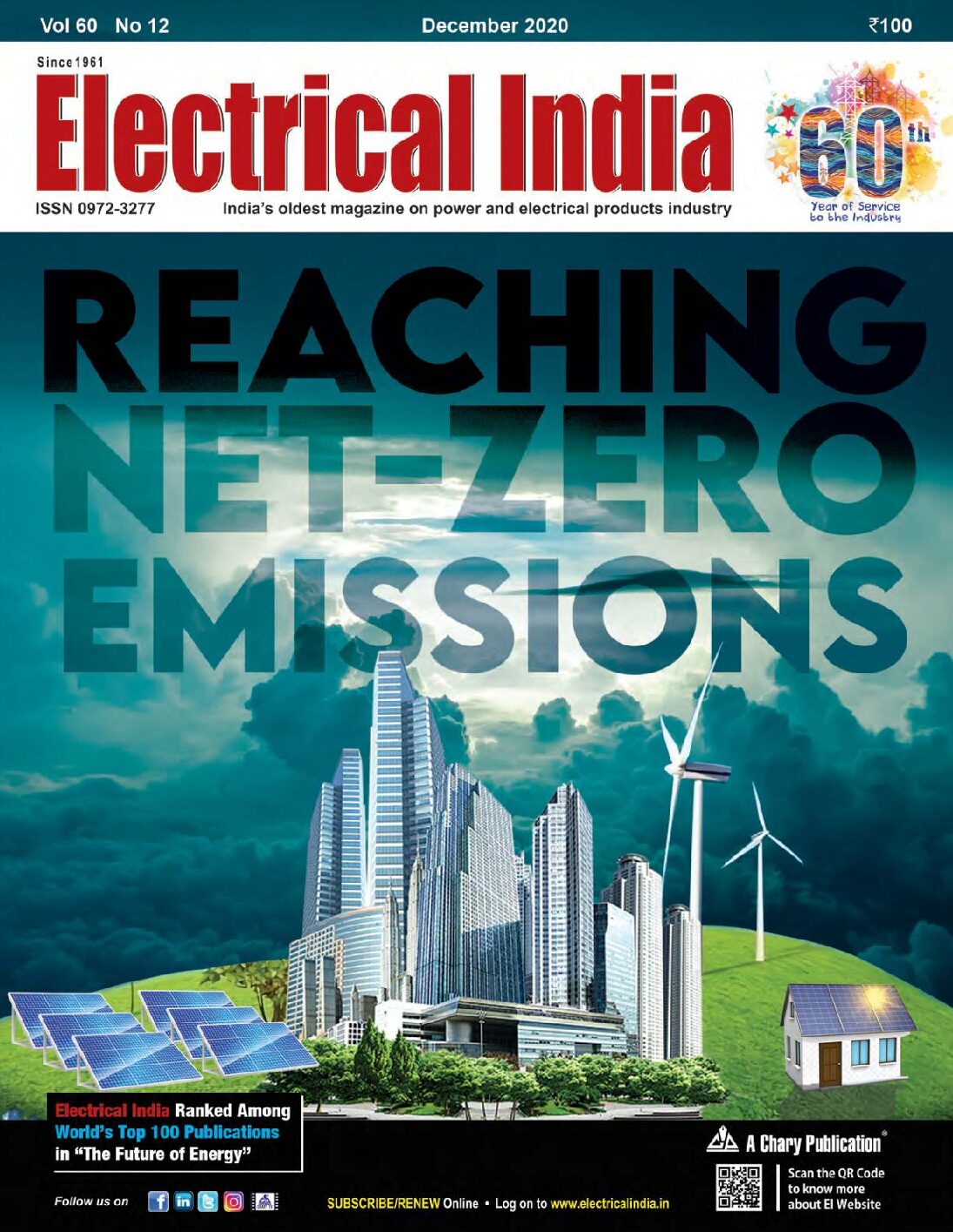Since January 2020, globally, the power sector had to face multiple challenges because of the spread of the Corona virus, it goes without saying that with such a backdrop, it was quite difficult to maintain the growth momentum. However, being the driver of all other industries, the global power industry had to continue its operations – may be at a low scale at many parts of the world. As far as the power industry is concerned, it’s not a complete setback, because this year of impeded progress due to repeated lockdowns at different countries for varying durations gave decision makers time to think strategically – and formulate policies for the coming days. While global climate change is a big threat to the entire human race, decision makers in different countries have utilised this time to chalk down their future courses of action. Obviously, most of their plans are inclined towards harnessing renewable energy at a much more accelerated pace.
Globally, some notable major decisions have been taken in 2020. For example: recently, the Polish government has approved a draft of Offshore Wind Act to award about 32 billion zlotys in support of the construction of 10.9 GW of capacity in the Baltic Sea. Now, almost 80% of energy produced in Poland comes from coal-fired thermal plants, thus, the country was under pressure from the European Union to reduce carbon emissions. In The UK too, the Department of Business, Energy and Industrial Strategy (BEIS) has given nod to the country’s biggest lithium-ion battery-based energy storage project, which will come up at DP World London Gateway port. India, being one of the pioneers in developing carbon-free economy, has operationalized the plan to boost the domestic production of renewable energy equipment to stop import dependency.

Publisher & Editor-In-Chief






